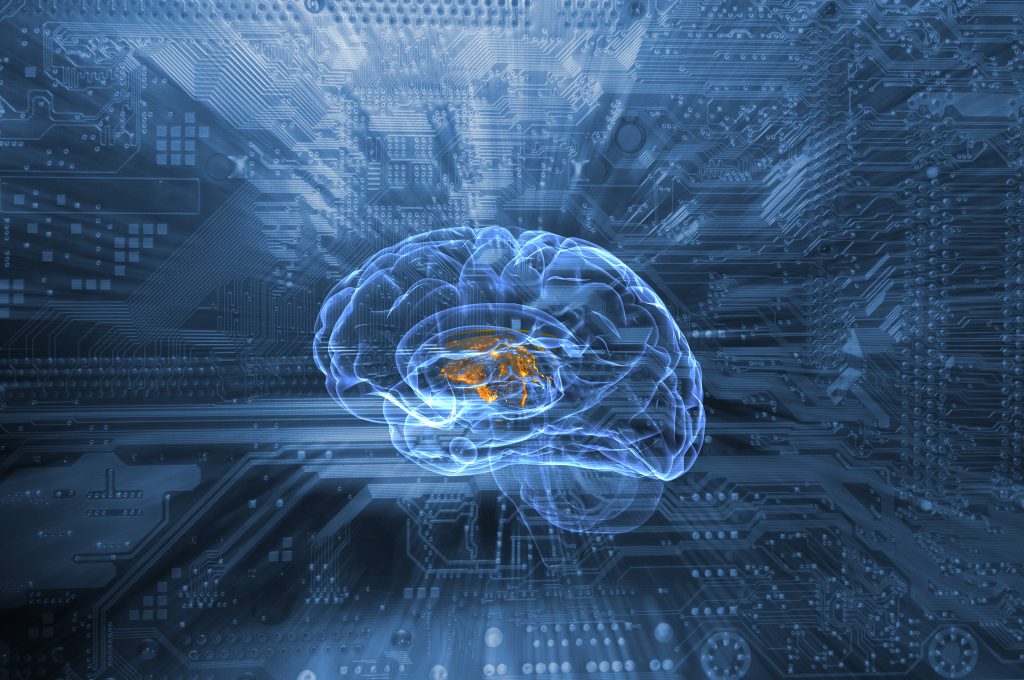
As CEO of IBM, Ginni Rometty is no stranger to both the complexities of the modern business environment and gender diversity. Artificial intelligence, or cognitive computing, as IBM prefers to call it, is not a threat to jobs. In fact, Rometty believes the purpose of AI is to augment the human brain and simplify the job of sorting through the information overload so prevalent today. IBM’s AI program, Watson, famously beat a human on the game show Jeopardy and saved a woman dying of cancer. So how can we leverage AI in a way that benefits all? Rometty says the key is using ethical practices and standards in the development of AI:
- Purpose: AI should be built with the specific purpose to augment human cognition, not replace it. “The human needs to be in control of the system,” Rometty says.
- Transparency: The data used and training of the AI should be transparent to the people in charge of the system.
- Skills: AI should be constructed with experts in the field it will serve. Moreover, employees within these industries should be trained on how best to utilize the AI.
Despite an ethical framework, concerns remain over AI’s impact on jobs. Further, an article in Foreign Policy makes the point that gender diversity could suffer from artificial intelligence:
“These technological changes will create new kinds of jobs while displacing others. And women will lose roles in workforces where they make up high percentages — think office and administrative jobs — and in sectors where there are already gender imbalances, such as architecture, engineering, computers, math, and manufacturing.”
Rometty’s guidelines for ethical AI appear sound. But who is to say that everyone developing AI will use those rules? Keeping the human in charge and providing transparent data are ideal—but will those ideals hold up in the real world, in companies with fewer resources and experts? The implications from Foreign Policy are chilling:
“Artificial intelligence may soon look and sound far more sophisticated…and become dangerously more sexist as biases seep into programs, algorithms, and designs….The current trends in machine learning augment historical misperceptions of women. Unchecked, they will regurgitate the worst female stereotypes. Sexism will become even more infused within societies as they increasingly — and willingly — rely on advanced technology.”
Elementary, my dear Watson.





